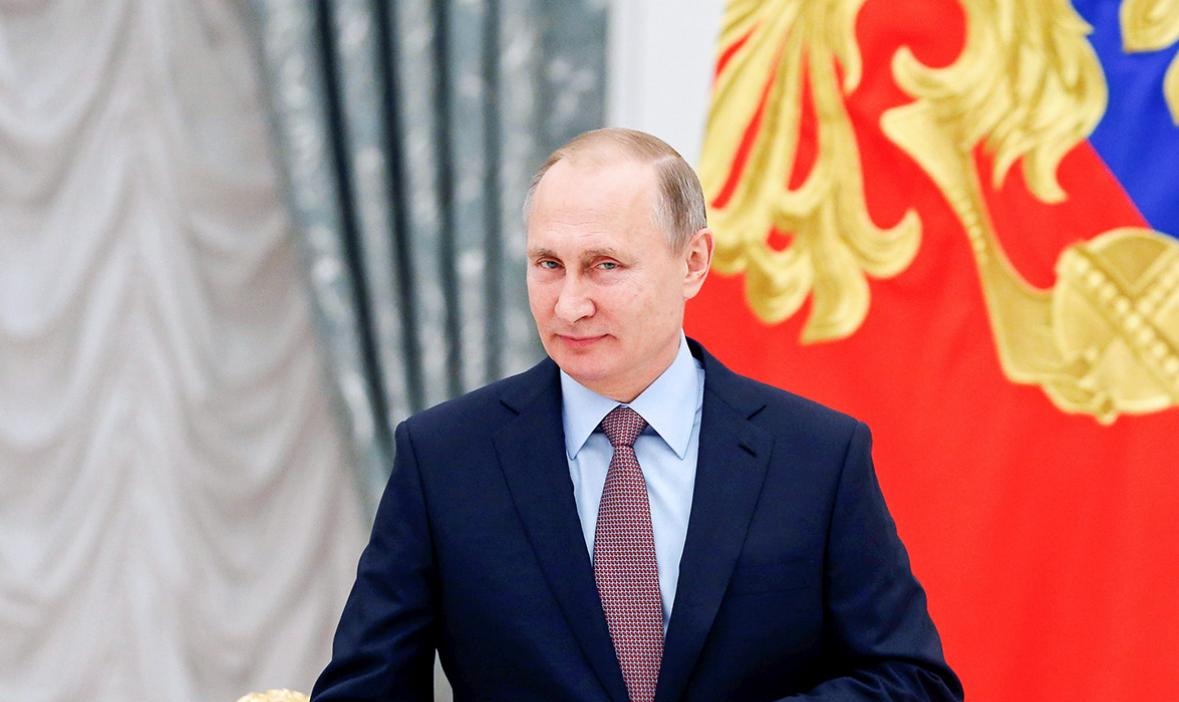Putin: A global catastrophe
September 6, 2017 | Expert Insights

Russian President Vladimir Putin warned on Tuesday of a global “catastrophe” unless a diplomatic solution is reached over North Korea, rejecting US calls for further sanctions on Pyongyang as useless.
“Ramping up military hysteria in such conditions is senseless; it’s a dead end,” he told reporters in China. “It could lead to a global, planetary catastrophe and a huge loss of human life. There is no other way to solve the North Korean nuclear issue, save that of peaceful dialogue.”
Background
On 3 September 2017, North Korea carried out its sixth and by far its most powerful nuclear test to date. The underground blast triggered a magnitude-6.3 earthquake and was more powerful than the bombs dropped by the US on Hiroshima and Nagasaki during the second world war.
Foreign interventions in Iraq and Libya had convinced the North Korean leader, Kim Jong-un, that he needed nuclear weapons to survive.
He further added, “We all remember what happened with Iraq and Saddam Hussein. His children were killed, I think his grandson was shot, the whole country was destroyed and Saddam Hussein was hanged ... We all know how this happened and people in North Korea remember well what happened in Iraq. They will eat grass but will not stop their [nuclear] programme as long as they do not feel safe.”
Analysis
Putin was attending the Brics summit, bringing together the leaders of Brazil, Russia, India, China and South Africa. Speaking on Tuesday, the final day of the summit in Xiamen, China, he said Russia condemned North Korea’s provocations but said further sanctions would be useless and ineffective, describing the measures as a “road to nowhere”.
World powers are scrambling to react to the latest ominous advance in the North’s rogue weapons programme, which has sent global tensions soaring.
US President Donald Trump has approved in principle the sale of “many billions of dollars” worth of military weapons and equipment” for South Korea, the White House said on Monday.
South Korea said it fired a volley of ballistic missiles on Monday to simulate an attack on the North’s nuclear test site, followed on Tuesday by major live-fire drills at sea.
At an emergency meeting of the UN Security Council, US Ambassador Nikki Haley said Washington would soon present a new sanctions resolution for debate in the coming days. Declaring that “enough is enough,” Haley said incremental sanctions imposed since 2006 had not worked and accused North Korean leader Kim Jong-un of “begging for war” with the country’s sixth and most powerful nuclear test.
Diplomats have said the security council could consider banning North Korean textile exports, banishing its national airline and stopping supplies of oil to the government and military. Other measures could include preventing North Koreans from working abroad and adding top officials to a blacklist aiming at imposing asset freezes and travel bans.
China accounted for 92% of North Korea’s trade in 2016, according to South Korea’s government. China’s foreign ministry said on Tuesday it would take part in security council discussions in “a responsible and constructive manner”. But China is likely to block any measure that could cause instability and topple the regime of Kim Jong-un.
Assessment
Our assessment is that, in such a situation it is conceivable that both sides may have misjudged the intent of the other and end up stumbling into conflict that could ultimately escalate to a nuclear threat. We feel that the stakes are very high now for North Korea and it is most unlikely that they will back down under threat. As we mentioned yesterday, the challenge for the US is that it has few friends in the region who are willing to engage with the North Koreans and remediate the situation. On the contrary North Korea seem to have tacit support of at least world's one super power.
Read more:
North Korean sanctions useless?








Comments